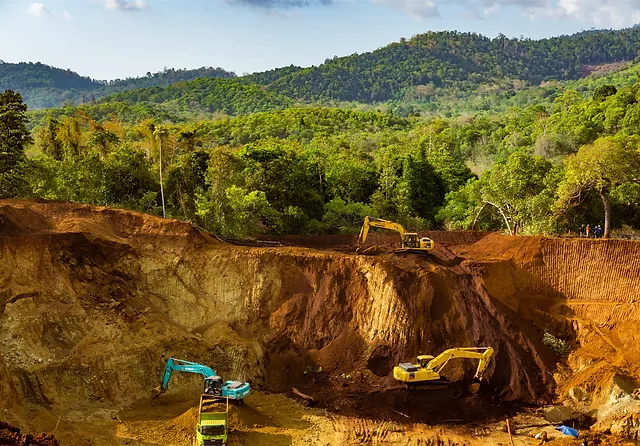While the Nigerian government is making huge profit from extractivism, the executive director lamented that, little is done to protect the environment and nature at large.
“As a result, the earth is ‘suffering’ tremendous pressure on account of human-driven alterations that are affecting not just other creatures but human beings as well, in rather negative ways and the evidence for this are numerous.
“For instance, many communities in Nigeria have been displaced, livelihood taken and the health of the people jeopardised as a result of oil spillage. Nigeria’s prevailing development paradigm overtly ignores what it truly means to be human, and what really constitutes wellbeing beyond and above economic indicators and growth patterns,” Henshawr explained.
With the above realities, Henshaw said the starting points must include; the reexamination of what constitutes development, sustainability and what can be termed the good life or wellbeing, adding that, “we also need to interrogate current models of private ownership of natural resources. We need to pose questions that everybody avoids. How for instance does extraction and ownership of natural resources contribute or inhibit wellbeing?
“Can multinationals be trusted to privately own resources that have such a huge impact on people’s lives? Can states like Nigeria that have demonstrated weak governance truly control these corporations, and expect them to take judicious care of the environment? These are tough and often neglected questions, but we need to ask them.”
In the same vein, the director, Health of Mother Earth Foundation (HOMEF), Nnimmo Bassey, said extractivism is clearly unsustainable, as it was built by colonialism.
“Consequent upon these forces, the earth, as we know it, is at great risk and rapidly becoming unsuitable for human habitation. The propensity to extract, consume, exploit and trash has triggered multiple crises including climate change and the smoldering food crisis.
“The human-induced climate chaos is responsible for droughts, floods, sea level rise, coastal erosion, desertification, marked temperature rise and others. These stressors have triggered famines, forced migration and conflicts. The challenge is that there are no signs that humans are ready to take the path of rectitude regarding the exploitation of Nature or to transition to more benign modes of production and consumption,” Bassey lamented.
HOMEF director revealed that the world celebrates the temperature target of 1.5 degrees Celsius as per the Paris Agreement, but a country like Nigeria has already experienced a 1.6 degrees Celsius temperature rise above preindustrial levels, adding that the country is facing an acute emergency.
Explaining further, Bassey said, 11 states in northern Nigeria were being challenged by desertification, adding that, “Communities along our 850 kilometres coastline are losing land as the rising ocean level eats away huge swaths of land yearly. Indeed, many significant cultural landmarks have faded into memory in their watery locations.
“Add to this the unchecked and reckless exploitation of territories by extractivist corporations and the resulting oil pollution, deforestation, mining and water stress and it becomes clear why we are faced with a precipitous food crisis. The resilience of our indigenous agricultural system has been challenged in all sectors: farming, fisheries, and pastoralism. The unfolding non-solutions driven by agents of monopoly and favoured by politicians introduce new impediments to resilience building.”
To change the narrative, the environmental activists however tasked Nigerians to school themselves on the ecological costs of extractivism. “Such schools of ecology should provide us with the scaffolds for the construction of just socio-economic relations as humans, communities and nations interact with each other and with Mother Earth. They would be spaces to remind us that there are many individuals, groups and communities who are already taking steps to ensure a liveable future. We must enact these schools in our streets, village squares and town halls so as to learn together, build together and forge ways forward in solidarity,” he advised.
Thinking in this direction, the director said, HOMEF recently set up the School of Ecology on Extractivism, Climate and Food Crises to encourage young people to think outside the box, to look into the future, taking cognisance of the fact that what happens today is a roadmap to their own future and that of their children. “The school of ecology is to challenge young people to dream the impossible, to see beyond their own future, to think in a way that is expansive and to ignore the limitations that have been set by people who don’t want change to happen,” he added.
He also called on policymakers to include youths in policy making, adding that, “Nobody is going to sit down and make policies that will benefit the youths, without them being on the table. As the slogan goes, nothing about us, without us, young people have to be in public offices. Why can’t we have a youth as the president of Nigeria? Why can’t we have youths as governors? These are the people who have a stake in the future. As far as we have people in government who don’t have stake in the future beyond their nose, then we are going to have situation like extractivism getting worse.”





